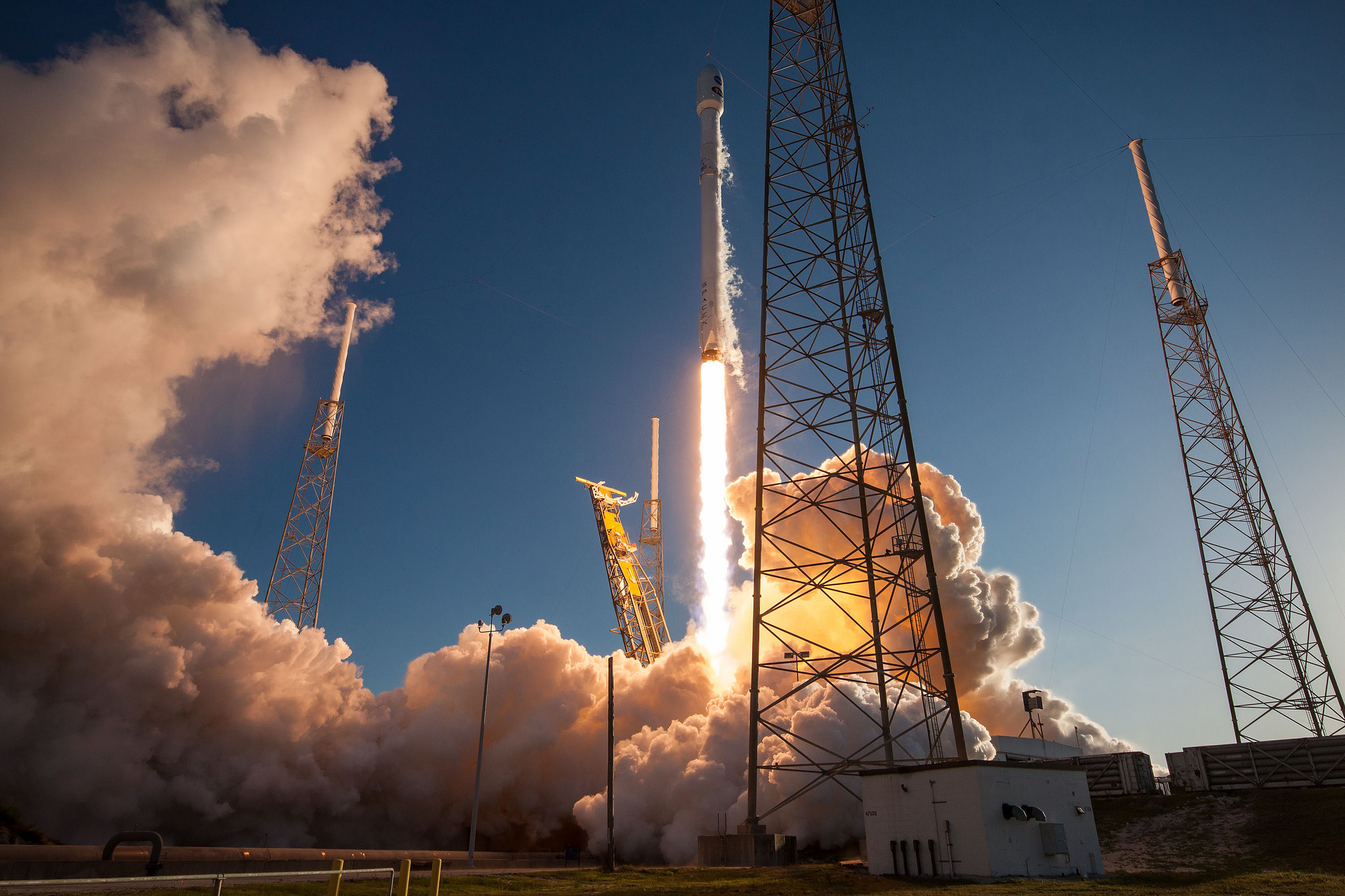SpaceX's Falcon 9 Rocket Certified to Launch NASA's Most Precious Science Missions
SpaceX's workhorse Falcon 9 rocket can now launch NASA's most expensive and highest-priority science missions.
NASA's Launch Services Program (LSP) has certified the two-stage Falcon 9 as a "Category 3" rocket, SpaceX representatives announced Thursday (Nov. 8).
"LSP Category 3 certification is a major achievement for the Falcon 9 team and represents another key milestone in our close partnership with NASA," SpaceX President and Chief Operating Officer Gwynne Shotwell said in a statement. "We are honored to have the opportunity to provide cost-effective and reliable launch services to the country’s most critical scientific payloads." [See the Evolution of SpaceX's Rockets in Pictures]
The LSP certification ladder only goes up to Category 3, which is reserved for the most dependable launchers. These rockets are expected to have a demonstrated reliability of 90 to 95 percent, according to LSP officials.
For comparison, Category 2 vehicles — the level attained by the Falcon 9 in 2015 — are expected to ace their missions 80 to 90 percent of the time.
Only Category 3 rockets can launch the priciest, most important, most complex NASA missions — projects like the Hubble Space Telescope, the Mars rover Curiosity and the James Webb Space Telescope. (Hubble launched aboard the space shuttle Discovery in April of 1990, Curiosity flew atop a United Launch Alliance Atlas V rocket in November of 2011 and Webb will ride an Arianespace Ariane 5 rocket in March 2021.)
The Falcon 9 debuted in June 2010 and has more than 60 launches under its belt. Only one flight has failed to date — a June 2015 liftoff that was supposed to send SpaceX's robotic Dragon cargo capsule toward the International Space Station on a resupply run for NASA.
Breaking space news, the latest updates on rocket launches, skywatching events and more!
A Falcon 9 also exploded on the pad in September of 2016 during a prelaunch test, destroying the AMOS-6 communications satellite.
The Falcon 9 is partially reusable. SpaceX has successfully landed about 30 Falcon 9 first stages during orbital missions, and a number of these returned boosters have been refurbished and reflown. SpaceX founder and CEO Elon Musk has said he'd like to reuse Falcon 9 second stages and payload fairings (the nose cones that surround satellites during launch) as well, but this has not happened yet.
The Falcon 9 already has some experience launching NASA science craft: Falcon 9s launched the agency's Jason-3 Earth-observation satellite in January of 2016 and the planet-hunting Transiting Exoplanet Survey Satellite in April of this year. SpaceX has also used the rocket to launch uncrewed Dragon cargo ships to the International Space Station for NASA, and will also use the booster to fly astronauts on its Crew Dragon spacecraft.
Mike Wall's book about the search for alien life, "Out There," will be published on Nov. 13 by Grand Central Publishing. Follow him on Twitter @michaeldwall. Follow us @Spacedotcom or Facebook. Originally published on Space.com.

Michael Wall is a Senior Space Writer with Space.com and joined the team in 2010. He primarily covers exoplanets, spaceflight and military space, but has been known to dabble in the space art beat. His book about the search for alien life, "Out There," was published on Nov. 13, 2018. Before becoming a science writer, Michael worked as a herpetologist and wildlife biologist. He has a Ph.D. in evolutionary biology from the University of Sydney, Australia, a bachelor's degree from the University of Arizona, and a graduate certificate in science writing from the University of California, Santa Cruz. To find out what his latest project is, you can follow Michael on Twitter.

